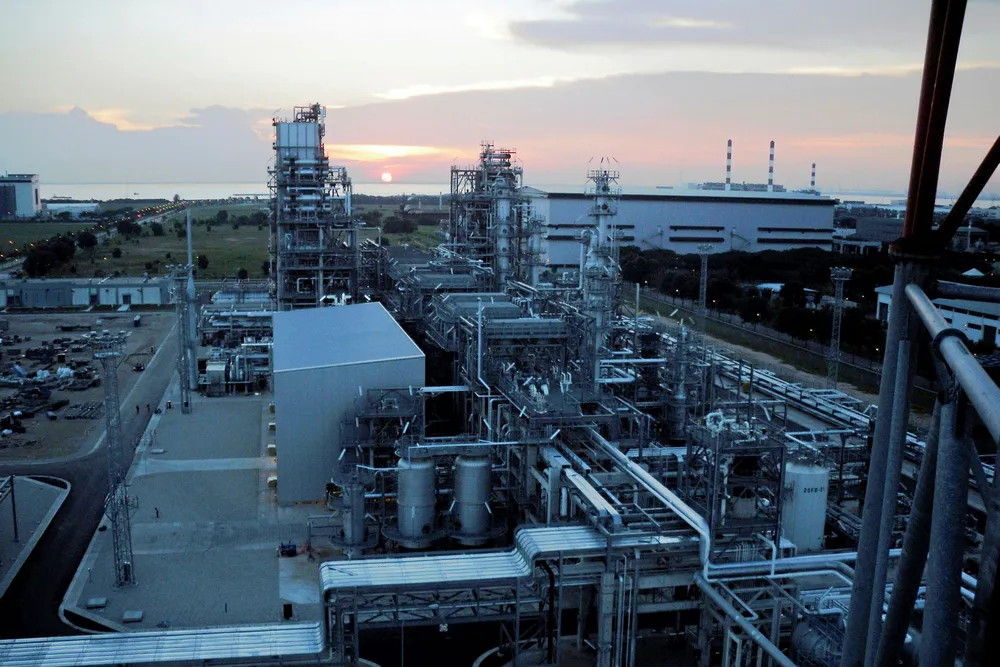TechnipFMC teams up with Neste in renewable diesel development
UK-based player to provide front end loading services for future conversion technology projects – NEXBTL

UK-based player to provide front end loading services for future conversion technology projects – NEXBTL
